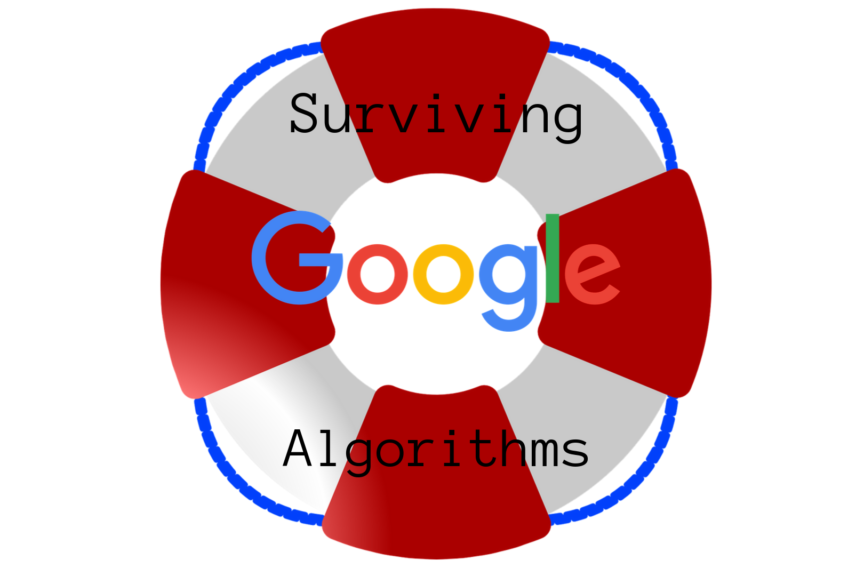It’s hard to believe there are only two months left in 2019! But as another year quickly wraps up, let’s take a collective step back and look at one of the biggest game-changers in the traditional and digital marketing spheres—content marketing.
Marketing professionals will tell you that content marketing has always existed, even if it didn’t officially have that name. As digital marketing has evolved and proven to generate results, business professionals have had to reconsider their own marketing efforts and, in many cases, sit down and develop stronger, more effective content marketing strategies.
There is one singular difference between content marketing and other types of marketing. With content marketing, content creation is truly a team effort—from the company’s top management to its marketing and sales teams. Marketing is no longer the responsibility of just one department—each sector of the company adds its respective voice to the corporate story.

Collaboration is very important. Gone are the days when the graphic designer in the advertising department put together a general ad for the newspaper—now, target marketing is the preferred delivery method. This ensures a company is reaching the most appropriate audience for their message.
Content marketing is undoubtedly here for the long term, so let’s look at five big ways it’s changed the marketing game, and where it’s likely headed next.
1. It’s No Longer “Trending”.
A trend typically has a shelf life of a year or two (maybe longer). As content marketing continues to dominate the marketing space, it’s safe to say it’s become a must rather than an option for businesses who want to remain competitive in the digital marketplace.
From blogs to websites to social media campaigns, digital marketing has made it both easier and more difficult for businesses to claim their piece of virtual real estate. It’s easier because there are so many options for promoting your brand; it’s more difficult because, without a clearly defined brand and strong understanding of your target audience, it can be a challenge to reach the readers you want.
2. It Has Created More Storytelling Opportunities Than Ever.
Most marketing and business professionals know how important it is to have a brand. But as content marketing has grown, it’s not enough to just have a brand—it’s critical to have a brand story and use the various platforms available to tell that story. For most businesses, it starts with a comprehensive website that tells new and existing customers exactly what to expect from the business.
But the most effective content marketing campaigns don’t stop there. Blogs, vlogs, videos…each piece of content is an important piece of the holistic storytelling puzzle. Part of the fun is choosing the best method for delivering the story you want to tell at a given time.
This gives a business a unique opportunity to engage with audiences in different ways—ways that go deeper than merely promoting your products or services. It gives audiences a glimpse of the people making those products and delivering those services, creating a level of transparency that most established businesses have not experienced before. It can be a scary transition for some, but content marketing’s proven track record of success can make the transition easier.
3. Content Creation Is Critical.
Marketing has traditionally been a tricky thing for many businesses to figure out. Prior to the explosion of digital marketing, most businesses relied solely on traditional methods—print (newspaper, flyer, brochure), radio or TV spots, and of course, the still-effective word of mouth referral. But since digital marketing has become such a critical element of a business’ marketing efforts, creating content is essential.
Traditional marketing still works, of course. The best marketing campaigns use both methods to maximize their efforts and expand their presence. Effective content should be relevant and meaningful to readers.
To achieve this, it is worthwhile for marketing pros to work on identifying their target audience’s respective buyer personas so they can tailor their content specifically to those markets.
For instance, a financial planner looking to attract more millennial clients should focus their energy on mobile-friendly marketing campaigns—text messages, email blasts, and thoughtful social media content—with topics that speak to this audience, such as buying a first home, developing a budget you can stick to, or why it’s important to start saving for retirement in your 20s.
4. SEO’s Changing Role.
A decade ago, SEO was the driving force behind all online marketing. Choosing just the right keywords would boost a business’ website in search engine rankings. But as digital marketing has shifted and changed, so has the role of SEO.
It is no longer the sole driver behind content creation—in fact, it’s the other way around! Google has conducted regular algorithm changes (constant tweaks of their search filters) for the past several years, and websites stuffed with keywords have seen a noticeable drop in traffic. For Google, the quality of content has become a key factor in search results, not the number of keywords. This shift has been the single biggest game-changer in content marketing.
5. Longer Is Better.
For many years, “brevity” was the buzzword when it came to content creation. Digital marketers aspired to the goal of saying the most in the least amount of words. But that’s changed. Now, digital marketers develop more in-depth, longer-form content.
Brevity is still valued for certain social media platforms or photo captions, but by and large, longer content is preferred. You can simply discuss a topic in greater depth, which lends credibility to the writer. If the writer is creating the content on behalf of a business owner or member of upper management, it helps to position that individual as a thought leader within their industry. And who doesn’t want to be respected for their knowledge on a subject?
It’s clear that content marketing has changed not only the way a company promotes itself but how it engages with its customers. It has removed the barrier between buyer and seller, so customers have an unprecedented level of power when it comes to making buying decisions. As Google continues to modify its search filters and companies continue to hone their storytelling abilities, content marketing will be a major driver for years to come.
How has content marketing changed your game? Where do you think the industry is headed next?





